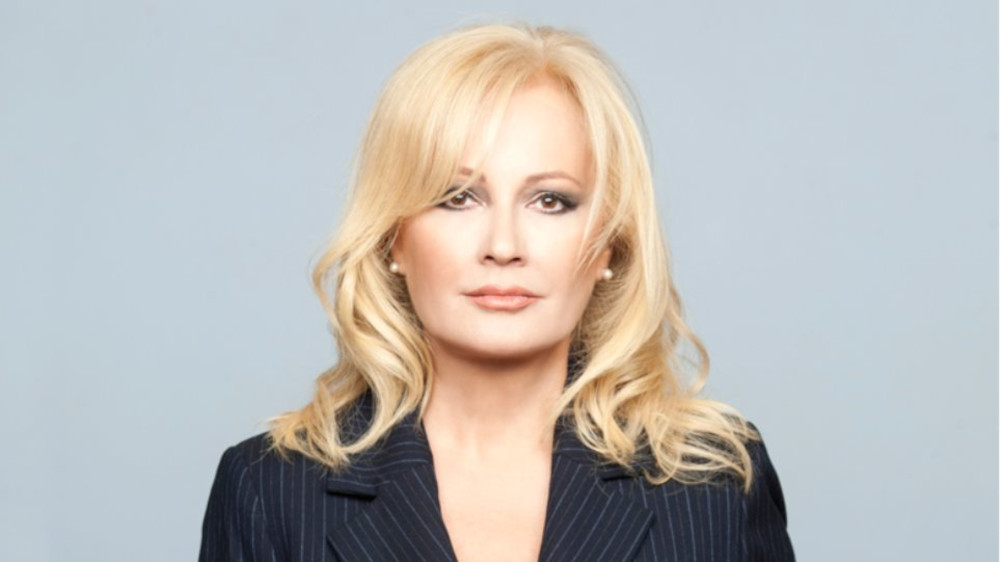
For Greek TV media, critical ‘point of no return’ required
By Christos Gavalas
Last week’s ruling by Greece’s highest court that the government’s media law is unconstitutional has sparked a new round of dispute between parties provoking at the same time possibly more uncertainties then the ones it aspired to clear up.
In September the left wing Syriza – led government awarded four 10-year nationwide television licenses to respective business owners after going ahead with an auction that resulted in a collective 255 million euros offers.
The legal problem is that they moved forward after failing to reach an agreement with the opposition over appointing new members to the broadcasting regulator; the only eligible body to award licenses according to a clear constitutional provision.
The ruling means that the law is not valid and that the four licenses that were auctioned should immediately get recalled.
Good news? At least temporarily, other private television stations won’t be obliged to close down due to the fact that they didn’t get a license. According to estimates, more than 2.000 employees were in clear danger to lose their jobs.
But the whole process got effectively back to where it started: unsuccessful efforts to appoint members for the National Council for the Radio and TV due to a provision that requires a close to 90% party consent followed by a fierce political atmosphere in which governmental officials criticize the opposition’s tendency to protect media oligarchs while opposition parties strongly claim the government is determined to wield control over the media.
Where does this lead? It leads to a profound business mess that’s only preventing investors from stepping up.
Political division is a consequence of a people’s division but at the end and in this specific case those who are greatly affected are employees in the TV media industry and the general public who won’t be having the level of newsworthy information they deserve.
Unless a minimum consensus can be achieved, the issue won’t be resolved, especially now that it has been escalated to a highly important current affairs political controversy.
And this troubling evolution is neither in the government’s interest nor in the opposition’s.
- Christos Gavalas is a journalist and an Arthur L. Carter Journalism Institute (NYU) Master of Arts holder. He has worked for CNN New York and for Greek television station MEGA Channel.

